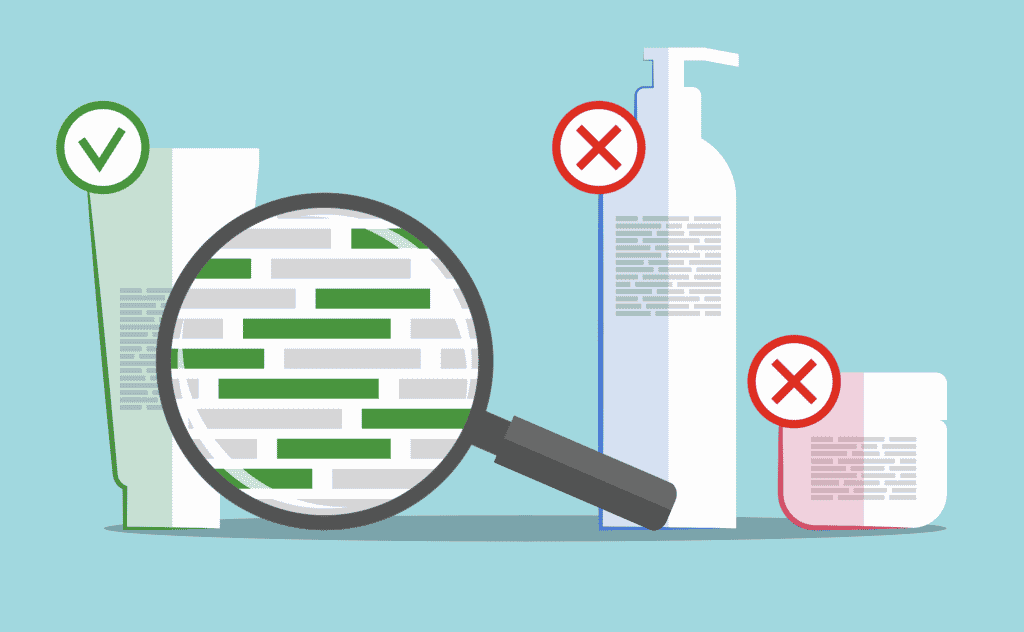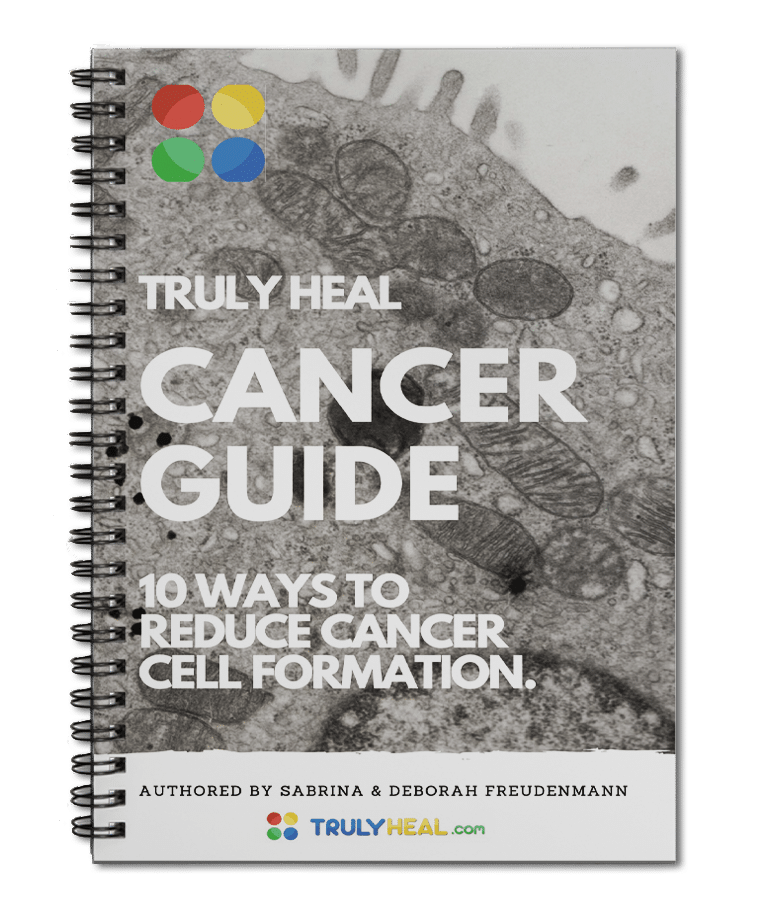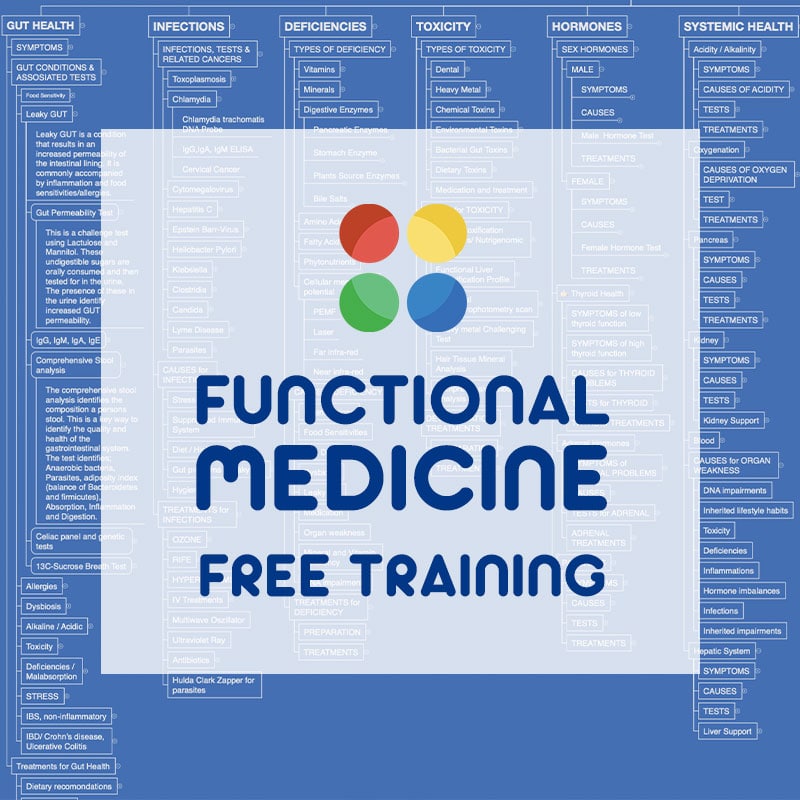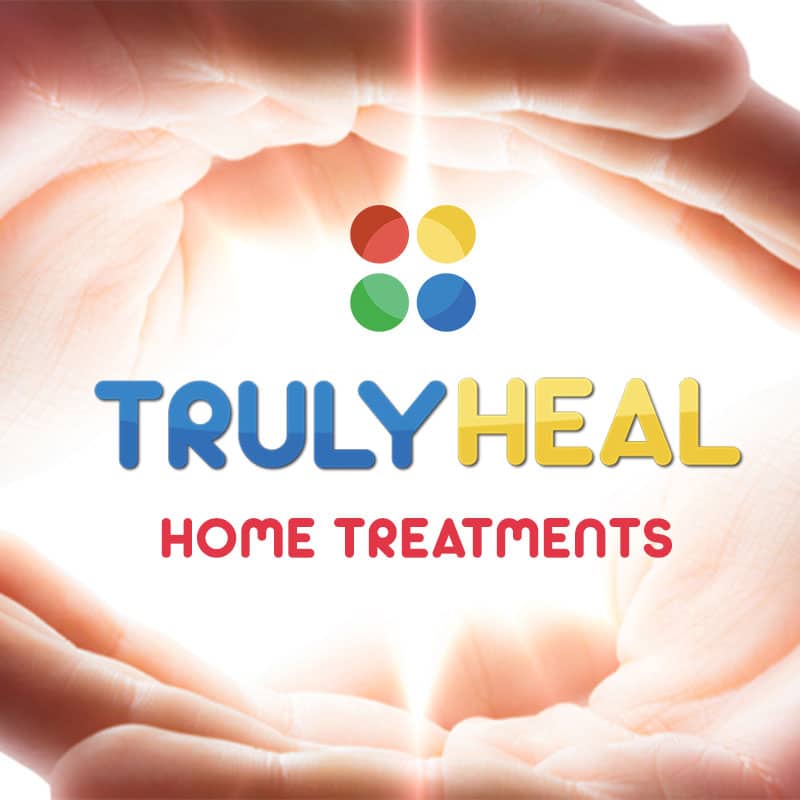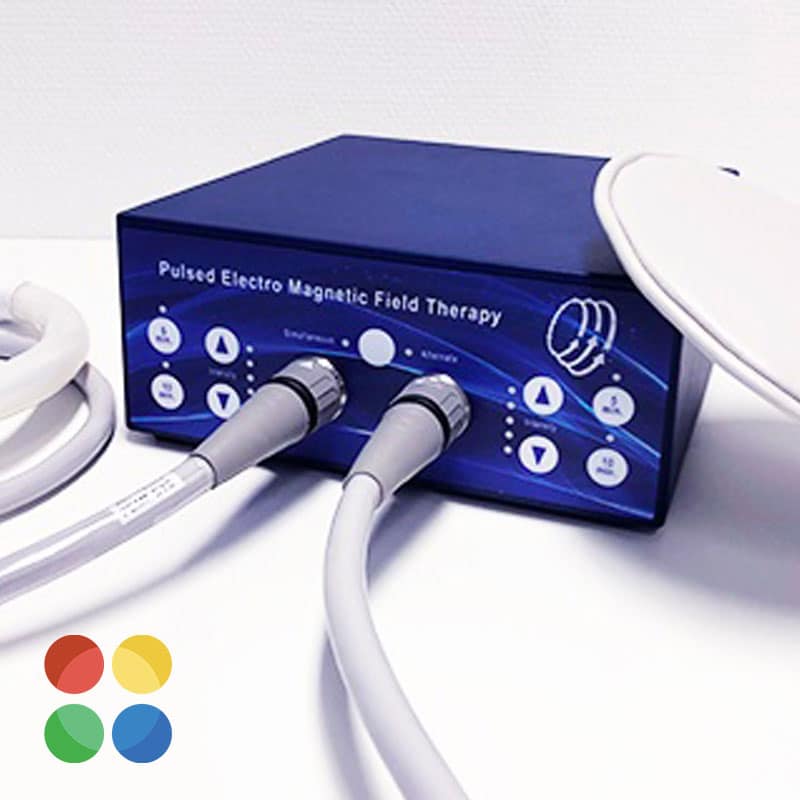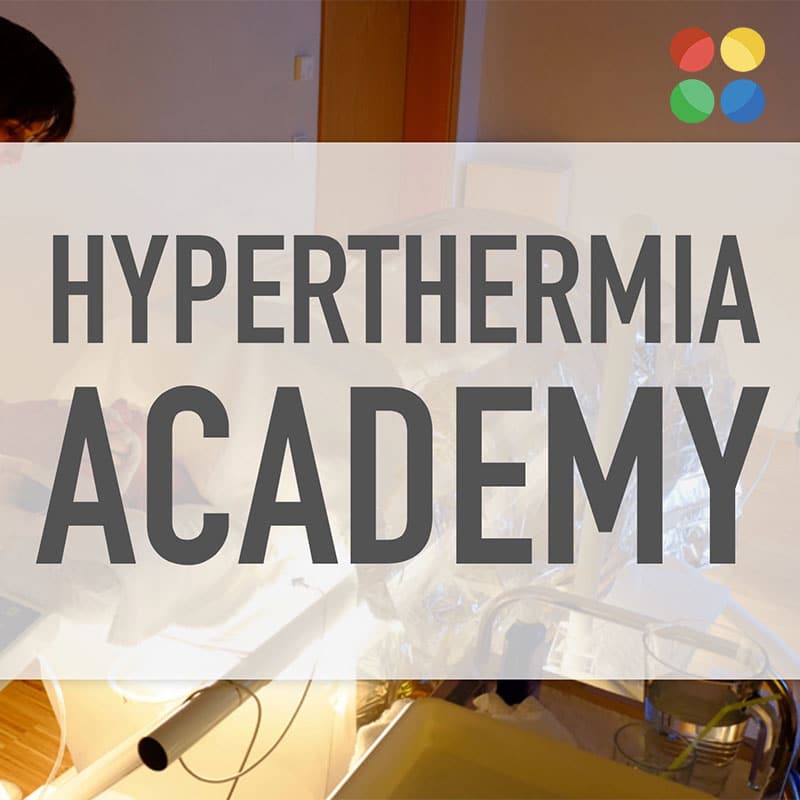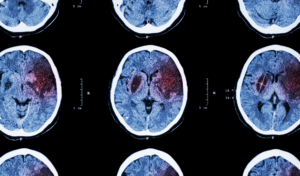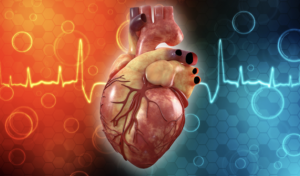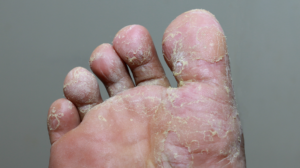How do replacement antimicrobials affect our health?
Disruptions in gut microbiome
Exposure to banned anti-microbials like triclocarban and triclosan as well as the replacement anti-microbials like benzethonium chloride, benzalkonium chloride, and chloroxylenol can cause significant disruptions in the gut and oral microbiome.
These anti-microbials destroy the strains of both harmful and healthy bacteria. The destruction of beneficial bacteria could impair gut integrity due to which the body’s ability to fight inflammation and oxidative stress would be reduced.
This can increase your risk of inflammatory bowel disease, leaky gut syndrome, SIBO (small intestinal bacterial overgrowth), autoimmune disorders, repeated infections, and even cancer.
Neurotoxicity and Neuroinflammation
Anti-microbials can cause damage to the nerves by causing neurotoxicity. They can also trigger inflammation at the ends of the nerves thus reducing their ability to carry signals to and from the brain and different parts of the body.
Hormonal disruptions
Anti-microbials might affect the secretion of hormones and increase the risk of related conditions. Anti-microbials can make the immune system weaker as the immune cells have a reduced ability to fight inflammation. Chronic inflammation in the adrenal glands and other organs that produce hormones can result in an imbalance in the level of hormones.
This could increase your risk of infertility, depression, kidney diseases, heart diseases, and hormone-related cancers.
Metabolic dysfunctions
Antimicrobials like triclocarban, triclosan, benzethonium chloride, benzalkonium chloride, and chloroxylenol may interfere with the body’s metabolic processes.
The adverse impact of anti-microbials on the hormonal balance can worsen metabolic dysfunctions further due to the changes in the secretion of insulin, glucagon, calcitonin, thyroxine, and other hormones that play a role in metabolic activities.
This can put you at risk of diabetes, osteoporosis, hypothyroidism, hyperthyroidism, and other metabolic conditions.
Weakened immune system
Our immune system is designed to fight bacteria, viruses and any type of pathogens that doesn’t belong. Since we live in a microbial world we are constantly exposed to these triggers which means our body has a fast and effective response. In a situation of extreme clean environment, our immune system in a way finds no harmful entity to work against. And therefore, it results in its weaker performance. Studies show if a human is exposed to such clean conditions early on life, it contributes to a weaker defence at a later stage in life.
Antibiotic resistance
Antibiotics are helpful against the growth of bacteria in body. But what if your body develops a resistance against it? Or in turn develops bacteria that’s resistant to antibiotics? Yes, that could be a possible threat of using hand sanitizers.


